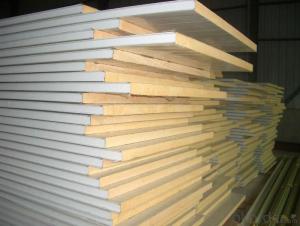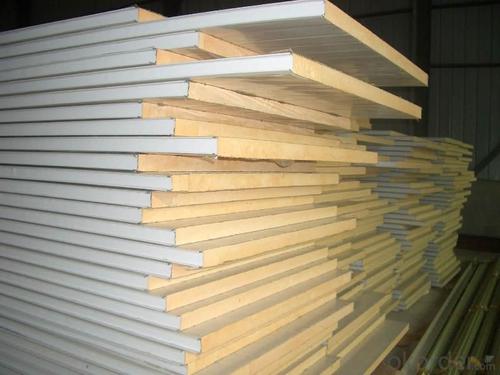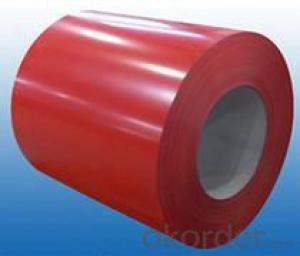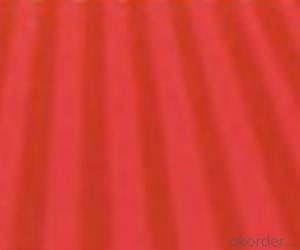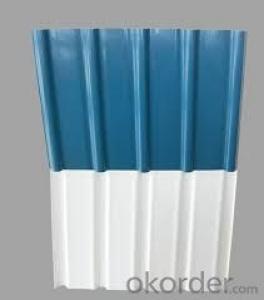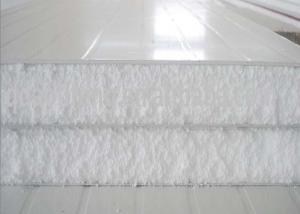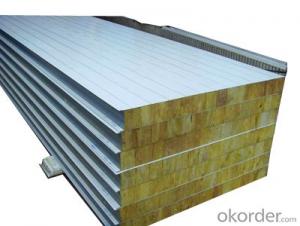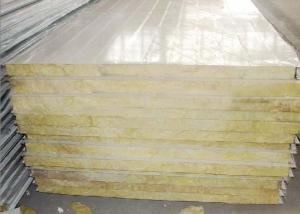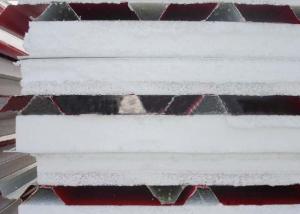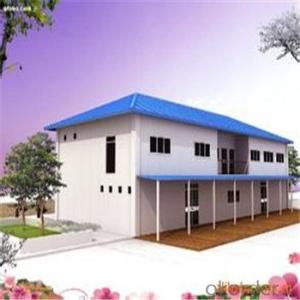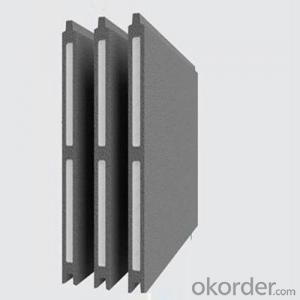Fireproof Grade A Phenolic Resin Color Steel Sandwich Panel
- Loading Port:
- Guangzhou
- Payment Terms:
- TT or LC
- Min Order Qty:
- 1000 m²
- Supply Capability:
- 200000 m²/month
OKorder Service Pledge
OKorder Financial Service
You Might Also Like
Introduction:
Sandwich panel is a structure made of three layers: low density core inserted in between two relatively thin skin layers. This sandwich setup allows to achieve excellent mechanical performance at minimal weight. The very high rigidity of a sandwich panel is achieved thanks to interaction of its components under flexural load applied to the panel: core takes the shear loads and creates a distance between the skins which take the in-plane stresses, one skin in tension, the other in compression. General information on sandwich panel structure, different sandwich core types available and the potential with respect to weight savings is available in the following reference.
Specification:
fireproof grade A phenolic resin color steel sandwich panel
1.Light weight
2.Excellent thermal insulatio
3.Fire-resistant
fireproof grade A phenolic resin color steel sandwich panel
Product Description
The Characteristics of our phenolic resin sandwich panels
Light weight
High performance
(patent pending) Non combustible material
Fire-resistant (approved and audited test report)
Excellent thermal insulation
Heat preservation effect
The specification of phenolic resin Sandwich Panels
Size:
Item Data
Effective Width of Panels:1150MM/950MM
Length: Can be customized
Density of phenolic resin: 70-75KG/M3
Thickness of steel sheet: 0.2-0.8MM
Total Thickness: 50MM-250MM
Thermal Conductivity: 0.02w/m.k
Flexural Strength: 1Mpa
Combustion property: Non-combustible Class A
Water Absorption Rate:1.9%
Compressive Strength: 0.25
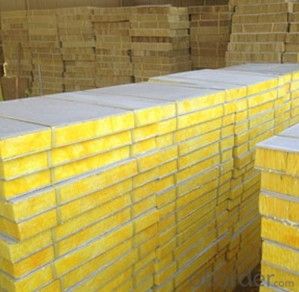
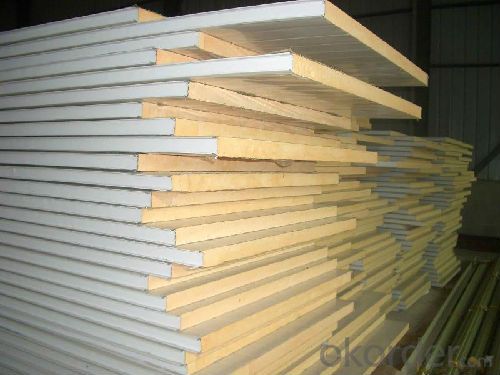
- Q: What is the maximum size of steel sheets available?
- The maximum size of steel sheets available can vary depending on the manufacturer and specific requirements, but generally, they can reach dimensions of up to 12 feet in width and 40 feet in length.
- Q: Are steel sheets suitable for exterior facade systems?
- Yes, steel sheets are suitable for exterior facade systems. Steel is a durable and resilient material that can withstand harsh weather conditions and provide structural stability. It is also highly customizable, allowing for various design options. Additionally, steel sheets offer fire resistance and low maintenance requirements, making them a popular choice for exterior facades.
- Q: Are steel sheets susceptible to warping or bowing?
- Yes, steel sheets are susceptible to warping or bowing due to factors such as temperature changes, uneven cooling, or excessive stress.
- Q: Can steel sheets be used for food processing applications?
- Yes, steel sheets can be used for food processing applications. Stainless steel sheets are commonly used in the food industry due to their corrosion resistance, durability, and hygienic properties. They can be used for various applications such as food preparation surfaces, countertops, storage containers, and equipment components.
- Q: Are the steel sheets suitable for welding or fabrication purposes?
- Yes, steel sheets are suitable for welding or fabrication purposes. Steel is a versatile and commonly used material in various industries, including construction, automotive, and manufacturing. Steel sheets provide a strong and durable base for welding and fabrication processes. They can be easily cut, shaped, and joined together through welding techniques such as arc welding, MIG welding, or TIG welding. Steel sheets also offer excellent structural integrity and can withstand high temperatures and mechanical stress during welding or fabrication. Additionally, steel sheets are available in different thicknesses and grades, allowing for customization based on specific welding or fabrication requirements.
- Q: What is the average cost of steel sheets per square foot?
- The average cost of steel sheets per square foot can vary depending on factors such as thickness, quality, and market conditions. It is recommended to contact suppliers or conduct research to get the most accurate and up-to-date pricing information.
- Q: What is the typical thickness tolerance for steel sheets?
- The steel sheet thickness tolerance can vary depending on the specific industry and application requirements. Different industries or applications may have more stringent tolerance requirements, especially when precision is crucial. In such cases, the tolerance may be tighter. Specialized steel products or specific customer requirements may also lead to different tolerance specifications. Manufacturers employ strict quality control measures to ensure compliance with the desired thickness tolerance. These measures include precise calibration of equipment, regular inspection of raw materials, and comprehensive testing procedures. This helps maintain the integrity and reliability of steel sheets for various applications in industries such as automotive, construction, manufacturing, and more.
- Q: Can steel sheets be used for manufacturing machinery or equipment?
- Yes, steel sheets can be used for manufacturing machinery or equipment. Steel is a commonly used material for its strength, durability, and versatility, making it suitable for various industrial applications. Steel sheets can be cut, shaped, and welded to create different parts and components of machinery or equipment, providing stability and structural integrity to the final product.
- Q: How do steel sheets handle thermal conductivity?
- Steel sheets possess a relatively high level of thermal conductivity, which indicates their effectiveness in the transmission of heat. This characteristic enables steel to rapidly absorb and spread heat across its entirety. When subjected to a heat source, like a flame or hot object, steel sheets swiftly conduct the heat throughout their structure, resulting in consistent heating or cooling. Consequently, steel sheets are well-suited for applications demanding heat transfer, such as radiant heating systems in the construction industry or heat exchangers in manufacturing. The elevated thermal conductivity of steel also renders it a favored material for cookware, as it guarantees uniform heat distribution and efficient cooking. However, it is crucial to acknowledge that steel's thermal conductivity can also make it susceptible to heat loss in colder environments, necessitating appropriate insulation measures to uphold desired temperatures.
- Q: What factors affect the cost of steel sheets?
- Several factors affect the cost of steel sheets, including the current market demand and supply, raw material prices, manufacturing and processing costs, transportation and logistics expenses, as well as any applicable trade tariffs or taxes. Additionally, factors such as the type and quality of steel, size and thickness of the sheets, as well as any special finishes or coatings required, can also impact the overall cost.
Send your message to us
Fireproof Grade A Phenolic Resin Color Steel Sandwich Panel
- Loading Port:
- Guangzhou
- Payment Terms:
- TT or LC
- Min Order Qty:
- 1000 m²
- Supply Capability:
- 200000 m²/month
OKorder Service Pledge
OKorder Financial Service
Similar products
Hot products
Hot Searches
Related keywords
